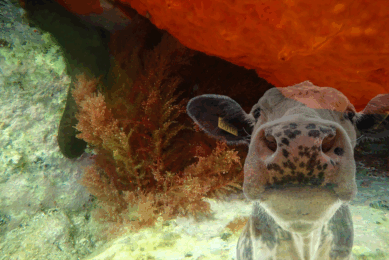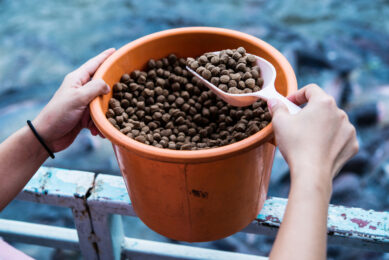Chlorella touted as sustainable feed solution for North Africa

Egyptian scientists are urging the feed industry to tap into the potential of chlorella as a sustainable solution to feed shortages in import-reliant North African countries.
Chlorella can meet around 15% of the feedstuff requirements for regional economies, Dr Hanem El Sheikh, a professor of waste recycling and carbon footprint expert at the Agricultural Research Centre in Cairo, has estimated.
High import dependence
Egypt imports between 40% and 50% of its feed crops, including corn and soybeans, the researchers noted. This high level of dependence places a significant strain on the national budget and makes feed costs highly volatile due to fluctuations in global market prices.
Chlorella shows feed potential
Chlorella can partly solve this problem, as shown in several studies on its possible efficiency, commented Dr Mohamed Saeed, Vice Dean of the Faculty of Fisheries at Suez University.
For example, a study on tilapia proved that replacing 10% of standard feed with chlorella can boost growth by 20%. In salmon, adding 15% improved meat colour, while in shrimp production, adding 5% reduced mortality rates resulting from bacterial infection, Saeed added.
Chlorella is also believed to improve meat and milk quality, although most studies have evaluated its benefits in aquaculture so far.
Chlorella binds to toxic molecules, preventing their absorption when they enter the body with food and ridding the digestive tract and liver of them,”
– Dr Ahmed Suleiman, Animal Nutrition Research Institute.
Proven economic viability
The production model designed by Egyptian scientists showed that chlorella production is economically feasible.
“The estimated annual yield of chlorella is approximately 17-20 tons per acre, 30-50% of which is protein containing essential amino acids necessary for growth and nutrition,” said Dr Ahmed Suleiman, professor and head of the Animal Nutrition Research Department at the Animal Production Research Institute.
Untapped feed quality benefits
Besides, he added, the potential of chlorella to improve feed quality has not been adequately studied yet.
Protection from feed contaminants
Dr Suleiman explained that, during several studies, chlorella has exhibited potential in mitigating the negative effects of neurotoxins and heavy metals, such as mercury and lead, that can contaminate feed production.
As poor-quality feed remains a problem in Egypt, chlorella could be a promising solution.
“While exposure to small amounts of heavy metals may not harm a living organism, the presence of large amounts of them in the body can have serious consequences, such as organ damage and hormonal imbalance,” Suleiman explained. “When consumed, chlorella binds to toxic molecules, preventing their absorption when they enter the body with food and ridding the digestive tract and liver of them,” Suleiman added.











